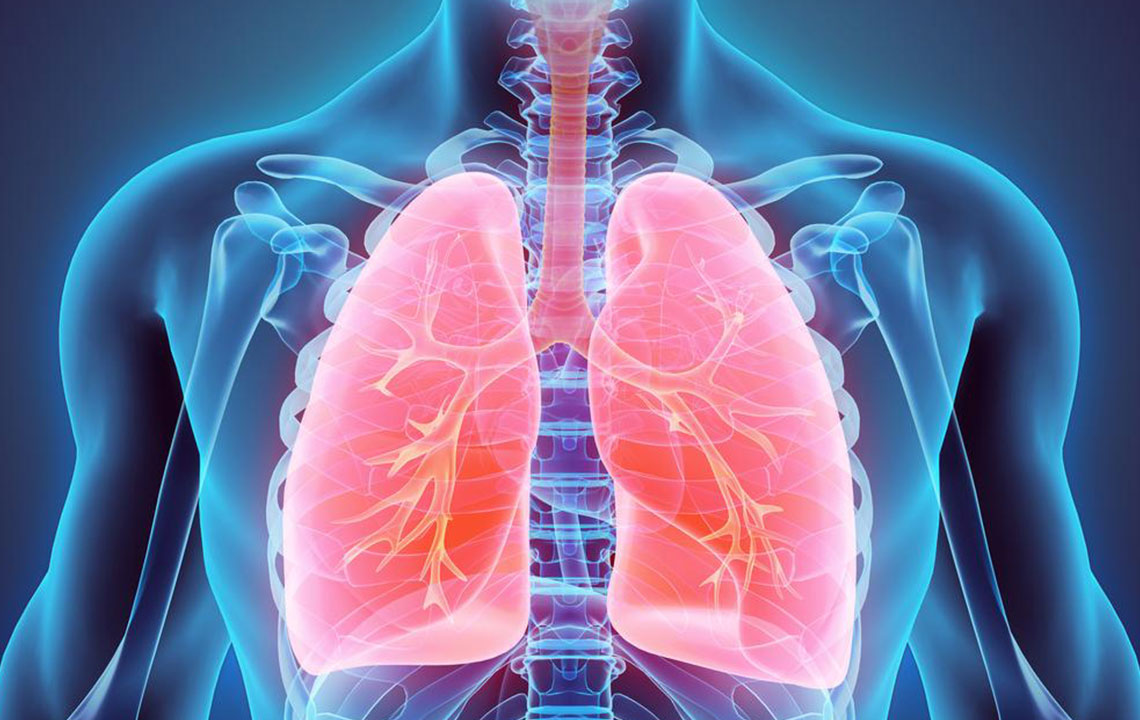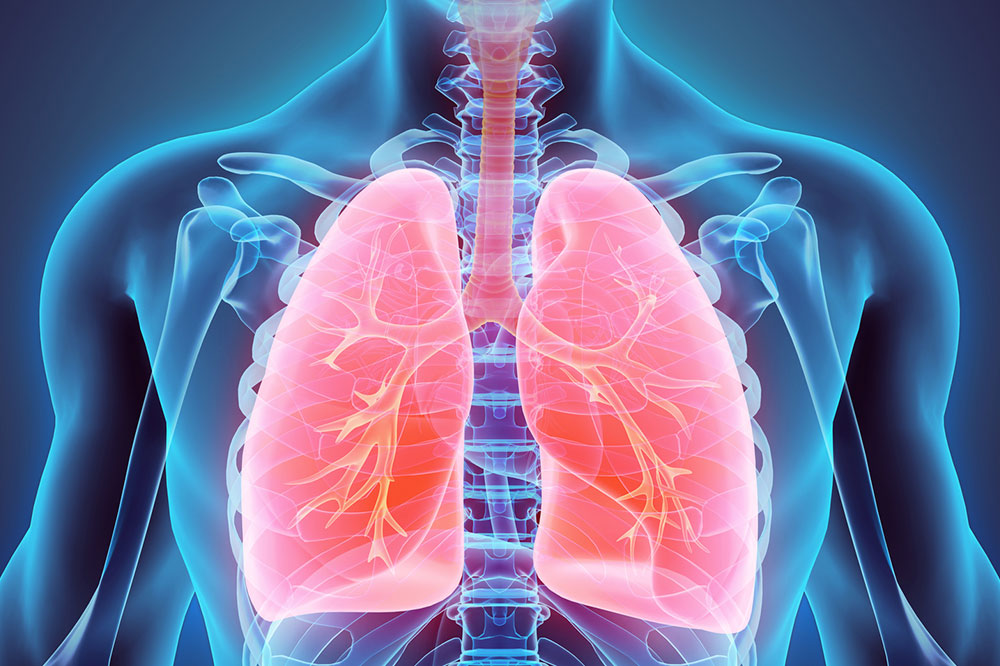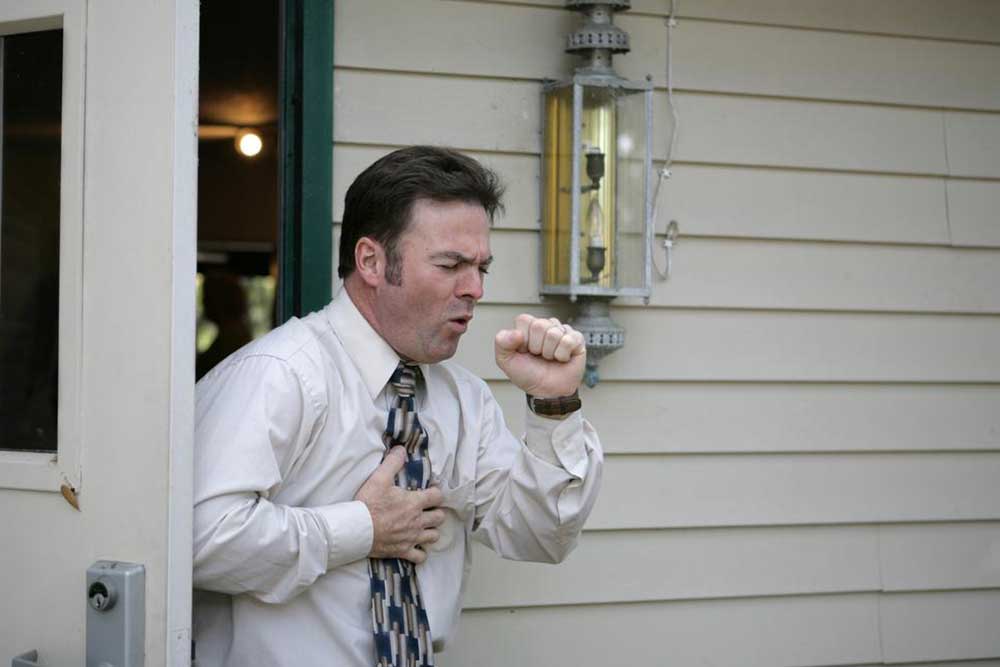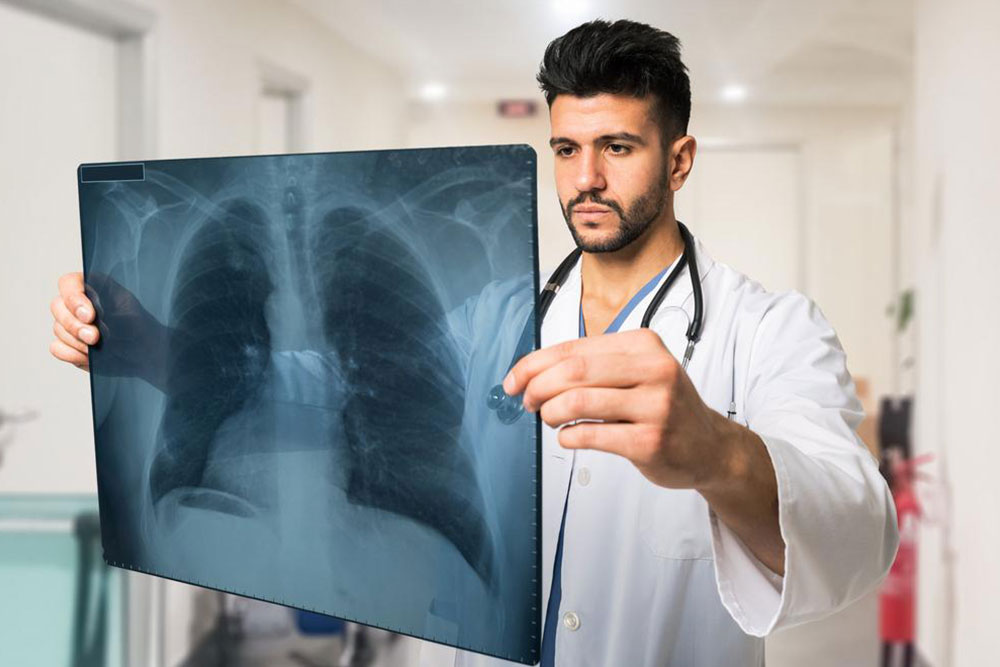Here is a quick look at the common symptoms and treatments of lung cancer
Lung cancer is strongly associated with smoking. So, it is not only a result of the number of smoking years but also the number of cigarettes that have been smoked. Passive smoking is also said to increase the risk of developing lung cancer in non-smokers by about 28%.
Let us take a look at symptoms of lung cancer. Amongst several other symptoms, the most prominent ones are the following:
- Cough:

While everyone suffers from cough when they have a lung infection (a persistent cough that refuses to go away), a deeper and hoarser sounding cough or spitting up of blood while coughing are signs of something worse. In such as a case, it is advisable to do a check-up and consult a doctor. Breathing pattern: Smokers are in the high-risk category for lung cancer, and one of the more prominent symptoms is a change in the breathing pattern. If you are a smoker and notice that you get easily winded or get breathless after climbing a flight of stairs or your bouts of wheezing are more frequent, schedule an appointment with a doctor who can investigate further and order a few extra tests to find out if there is a reason to worry. Weight problems: When there is a drastic drop in the body weight especially when it is unintentional, it is best to investigate further. If you are a smoker, suffer from smoking-related health problems and seem to have lost weight, have a doctor examine you to rule out lung cancer or any other issues which may seem to be bothering you.
Treatment
The treatment options for lung cancer are as follows:
- Surgery : Surgery always is an option when you have caught cancer early, and it has not spread to other areas of the body. Your doctor can remove the infected part of the lung along with some healthy tissues around it.
- Radiation : This is another frequently used method to fight lung cancer. Doctors use some high-energy radiation to kill cancerous cells, and it is typically used when the cancer is at its early stage and has not progressed much.
Take preventive measures early on and quit smoking to avoid lung cancer!
Disclaimer:
The content of the articles discussing symptoms, treatments, health conditions, and side effects is solely intended for informational purposes. It is imperative that readers do not interpret the information provided on the website as professional advice. Readers are requested to use their discretion and refrain from treating the suggestions or opinions provided by the writers and editors as medical advice. It is important to seek the help of licensed and expert healthcare professionals when necessary.




